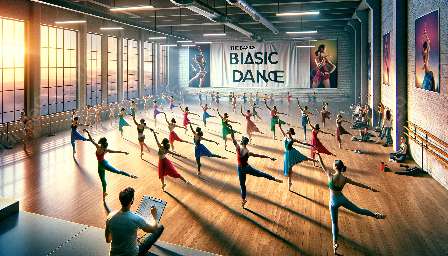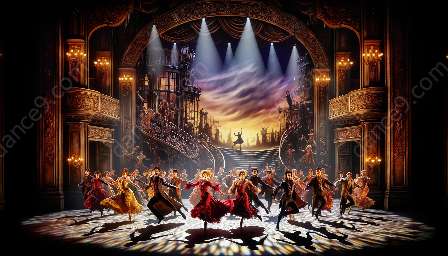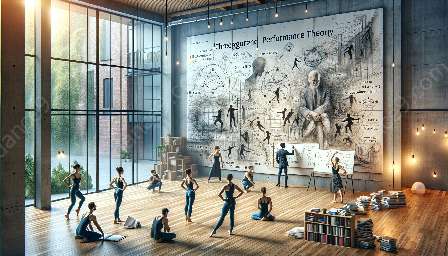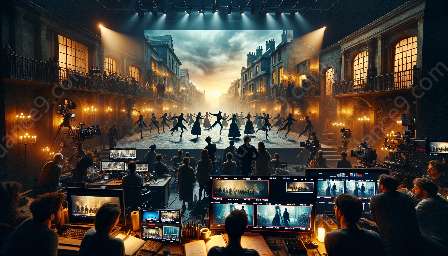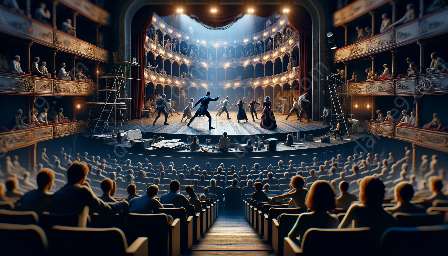Collaborative choreography involves the creation of dance works by multiple choreographers, often balancing artistic vision, consent, and fair compensation. In this article, we delve into the ethical considerations that arise in the context of collaborative choreography.
Respect for Artistic Vision
One of the foremost ethical considerations in collaborative choreography is the need to respect and uphold the artistic vision of each choreographer involved. The creative process in dance often involves personal expression, and it is crucial for collaborators to honor and integrate each other’s perspectives, ideas, and creative contributions. This entails maintaining open lines of communication and a willingness to engage in dialogue to reach a collective vision that respects each choreographer’s artistic integrity.
Consent and Agency
Another essential ethical consideration in collaborative choreography is the affirmation of consent and agency. Choreographers must ensure that all participating dancers, collaborators, and other stakeholders provide informed consent to their involvement in the choreographic process and the resulting dance work. Respecting the agency of dancers and collaborators involves fostering an environment where individuals feel empowered to voice their boundaries, concerns, and artistic preferences without fear of retribution. This ethical practice supports a culture of respect and inclusivity within the collaborative choreography process.
Equitable Compensation and Recognition
Equitable compensation and recognition are crucial ethical considerations in collaborative choreography. It is imperative for choreographers to establish clear agreements regarding compensation, credits, and intellectual property rights to ensure fairness and transparency. This extends to addressing issues of power dynamics, cultural appropriation, and the fair distribution of resources within the collaborative process. Fair compensation and recognition validate the contributions of all collaborators and foster a more equitable and inclusive dance community.
Integrity and Accountability
Integrity and accountability are fundamental ethical principles that underpin collaborative choreography. Choreographers and collaborators are responsible for upholding professional conduct and ethical standards throughout the choreographic process. This includes transparent communication, honoring commitments, and addressing any conflicts or challenges that may arise with integrity and fairness. By prioritizing accountability and ethical behavior, choreographers contribute to building a trustworthy and respectful collaborative environment.
Social and Cultural Responsibility
Collaborative choreography also entails ethical considerations related to social and cultural responsibility. Choreographers have a responsibility to critically examine the cultural context and social implications embedded in their collaborative works. This involves acknowledging and respecting diverse perspectives, histories, and experiences while actively working to promote representation and inclusivity. Ethical practice in collaborative choreography supports the cultivation of dance works that reflect and honor the richness of human diversity and contribute to meaningful dialogue within society.

